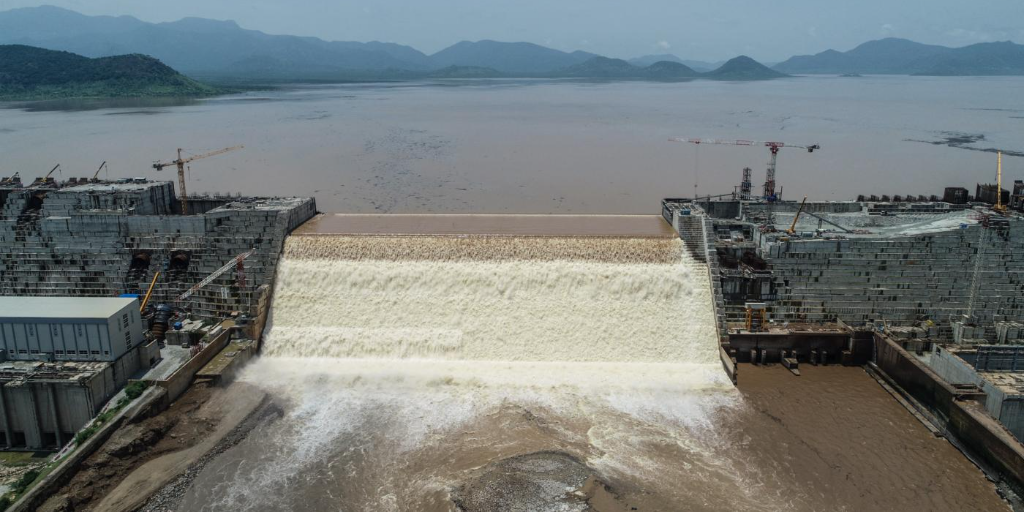Egypt’s Foreign Minister Badr Abdelatty announced in a televised interview on Sunday that talks with Ethiopia over the Grand Ethiopian Renaissance Dam (GERD) have officially stalled, marking the end of 12 years of negotiations. “After 12 years of talks, the negotiations have yielded no concrete outcomes,” Abdelatty said. “Ethiopia has used the process to reinforce its unilateral moves instead of working toward a fair and legally binding agreement.” Abdelatty stressed the importance of placing full trust in the Egyptian state and its institutions, affirming that under no circumstances will they allow Egypt’s historical share of Nile water, or this existential issue, to be compromised. He noted that Egypt’s annual water needs exceed 90 billion cubic meters, while it receives only 55.5 billion cubic meters, making its current share far from sufficient. He reiterated Egypt’s consistent position: the country reserves the right to defend itself and protect its water interests in the face of any threat. Abdelatty also pointed out that Egypt’s per capita water share is less than half the UN-defined threshold for water poverty, which is 1,000 cubic meters per person; Egypt’s figure stands at just 480 cubic…




